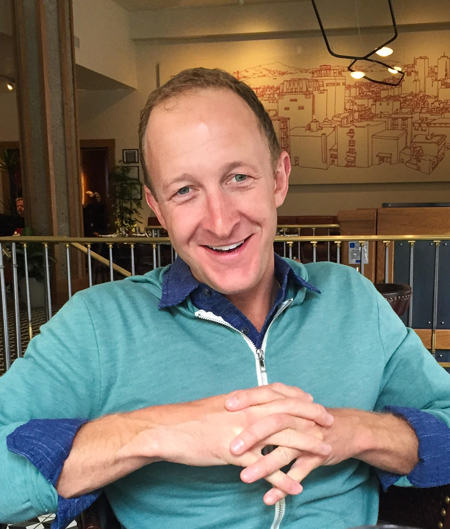Favorite Faculty: Brian Drolet, M.D.
Brian Drolet, M.D.
Plastic Surgery
In what ways do you work with medical students on campus? Which way is your favorite?
I like small group teaching and mentoring. The classroom setting is a little overwhelming for me. Not surprisingly, the experience of small groups or individual mentoring is more focused towards each student and I find it is more rewarding for everyone involved. I love to teach about the hand, but also enjoy providing whatever guidance I can about life in medicine and beyond.
How did you go about picking your specialty? Any advice?
Specialty choice is all about personality – each person and each specialty has one. With some exceptions, I find that most people “fit” the personality of the specialty and the people in that specialty. For me, I was somewhere between orthopedic and plastic surgery – so hand makes the perfect middle ground. Make sure that you LIKE the people in the specialty you are choosing – you will be working with them every day! Make sure you also like the personality of the work in that specialty (e.g., shifts vs calls, dark rooms vs OR lights, etc). If you’re lucky, you will love going to work with everyone, but remember it’s called work for a reason, so choose the specialty that will give you the most satisfaction. Some people say that during their clerkship on that specialty they couldn't wait to go in for another day (even surgeons), or that they could spend a whole day doing XYZ (for me operating) and it was like the day flew right by. While there are a lot of details to consider, specialty choice is also a gut feeling about what is right. If you don’t have that gut feeling, than make the rational choice about which one has the most “right” about it.
If you weren’t in your chosen specialty, what would you be?
Anesthesiologist or emergency medicine
How does research play a role in your career?
Research is an important part of my daily routine. I remember Dr. Rosenbloom (VUMC Deptment of Biomedical Informatics) saying that you have to write every day, even if it is just a little bit, if you want to be productive. Well fortunately, I am interested in medical education, policy, and ethics – subjects that I find I can write about fluidly. While this type of work is outside much of the usual clinical and basic science realm that many people think about when you talk about research, I think this ‘humanities’ side of research is important, and personally I think much more fun. I come up with many of my research questions from asking “Why do we do XYZ this way?” or “Is this the best way we can do this?” Fortunately, I can do most of this research while maintaining a clinical practice and it has very little funding needs. I would encourage anyone who thinks that research has to be done in a lab, to consider other academic areas which can be studied as research.
What are your favorite hobbies outside of medicine? Any advice on how to keep life balanced in medical school or with a medical career?
Balance is essential to your success in medicine and life. Choose the activities that are meaningful to you and do them whenever you can. These things may change, or at least for me they have. I’ve gone between running, yoga, reading, sailing and windsurfing (not much of that in Nashville), cycling, and any number of activities at different times in my life. If you start to raise a family that will surely take up a portion of your time, and you’ll need to find balance there. Boundaries are probably the most important thing you can learn early; where does work start and where does it end? The more that you do and the better that you do it, the more that people will ask you to do. If you love being productive and contributing to your work product (patient care, education, research, and publications, etc), then work may be one of your ‘hobbies’ – to me an activity from which you derive joy. If work is interfering with time for your hobbies or family, then you need to put up boundaries to protect yourself and establish that balance. Of course, this is easier said than done.
